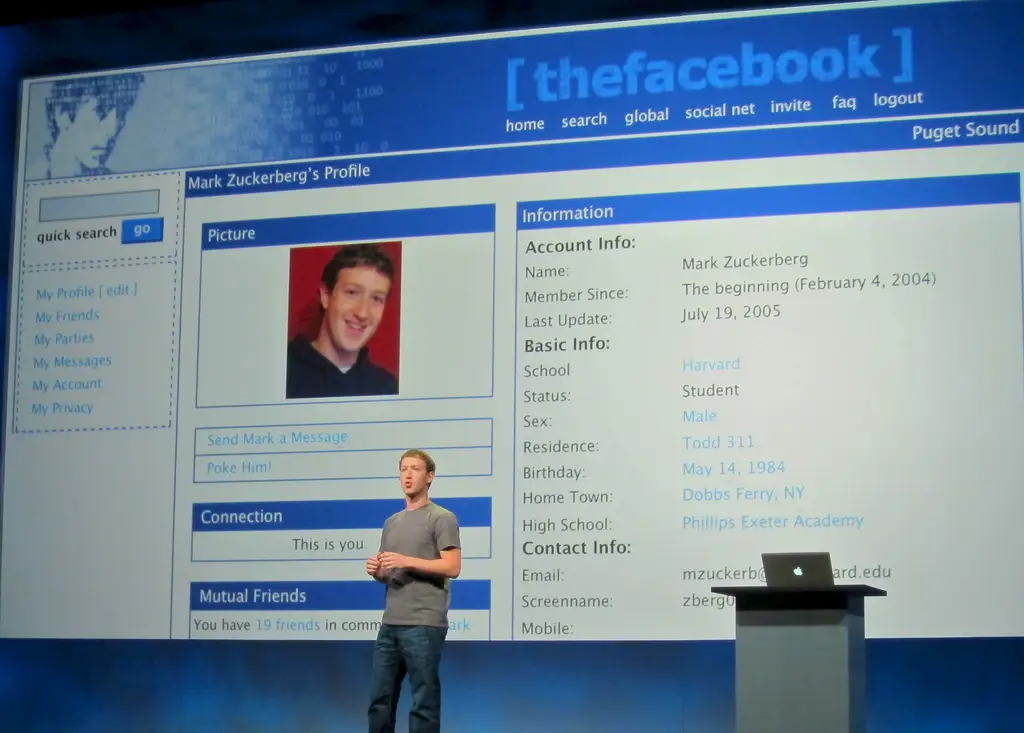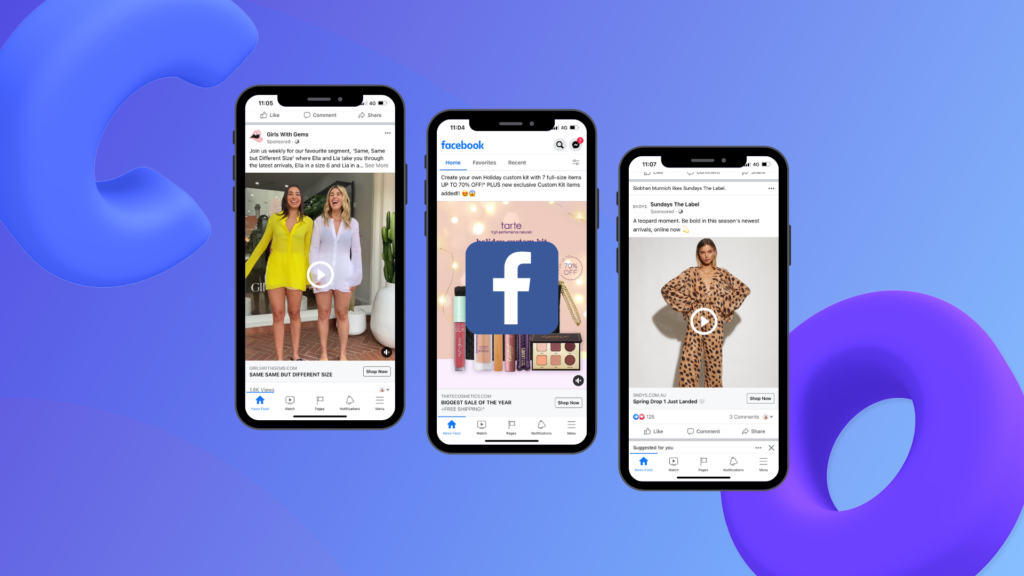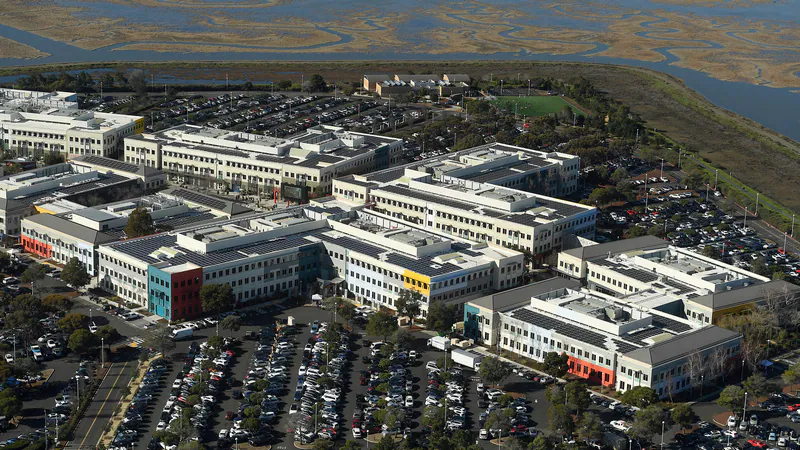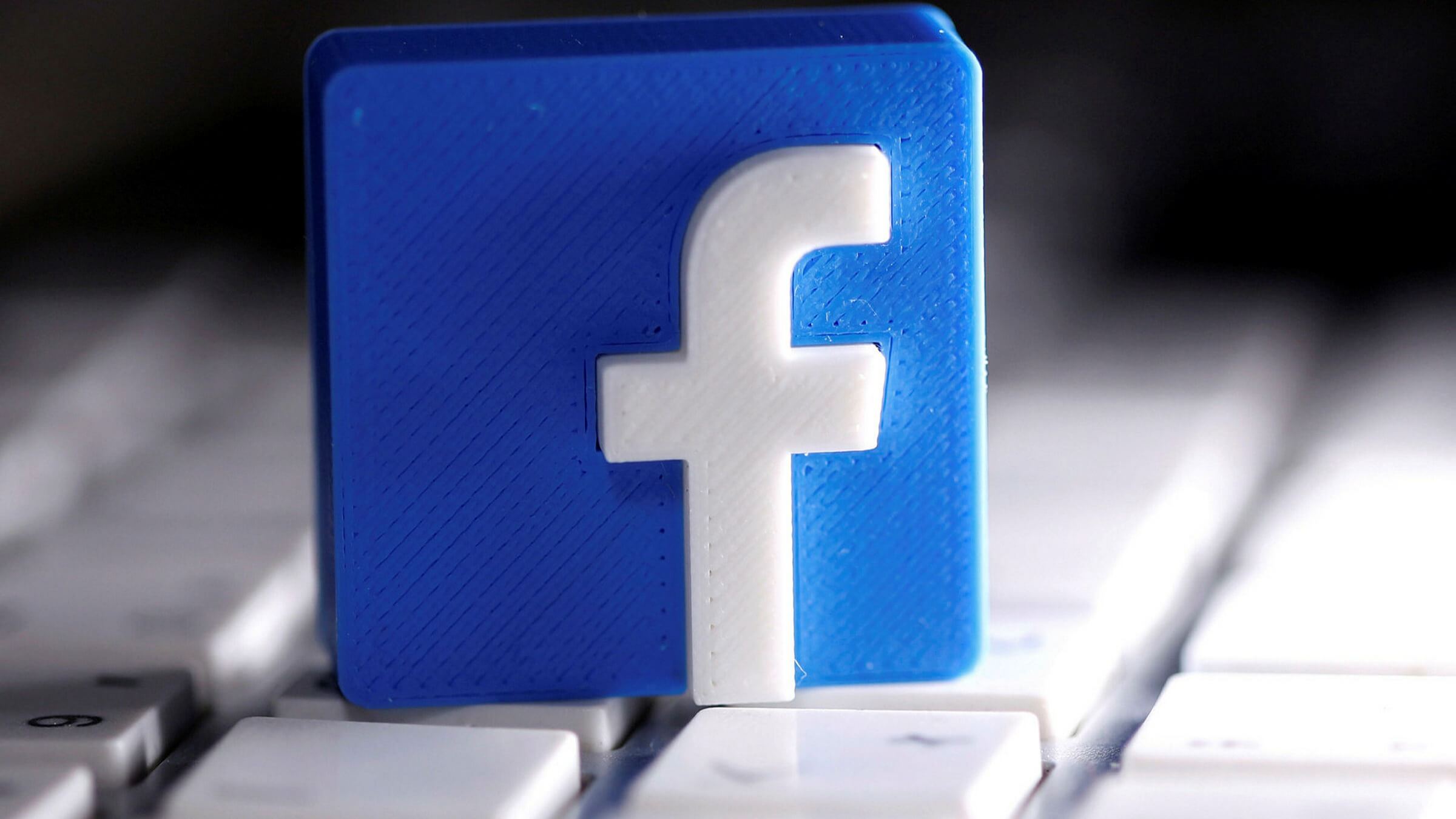Facebook, now one of the most influential social media platforms in the world, started as a simple idea in a dorm room. Over the years, it has grown from a college project to a global phenomenon that connects billions of people worldwide. But what exactly is Facebook, how did it all begin, and where is it headed in the future? Let’s dive into the history, financial success, and future prospects of this internet giant.
The Birth of Facebook
When Was Facebook Launched?

Facebook was officially launched on February 4, 2004. Initially called “Facebook,” it was created by Mark Zuckerberg and his college roommates at Harvard University. What began as a way for Harvard students to connect quickly expanded to other universities, and then the world.
Who Are the Founders of Facebook?
Facebook was founded by Mark Zuckerberg, along with his Harvard classmates Eduardo Saverin, Andrew McCollum, Dustin Moskovitz, and Chris Hughes. While all contributed to its creation, Zuckerberg, who served as CEO from the start, remains the face of the company.
The Early Days of Facebook: Evolution from a College Network to Global Platform
Key Milestones in Facebook’s Growth
Facebook’s growth is nothing short of impressive. In 2004, it started with only Harvard students, but within two years, it had more than 12 million users. By 2012, Facebook had over 1 billion active users, becoming the most-used social network in the world. Not only has the user base grown substantially, but Facebook has also diversified its offerings through acquisitions and the introduction of features such as Marketplace and Stories.
How Facebook Became a Social Media Giant
The key to Facebook’s rise was its ability to adapt. While initially criticized for lack of privacy and its constant changes to its interface, Facebook learned to integrate new technologies, offer compelling features, and innovate. The introduction of Facebook Ads, for example, gave businesses a powerful tool to reach specific target audiences, fueling the platform’s financial success.
Facebook’s Revenue in 2024
As of 2024, Facebook (now part of Meta Platforms Inc.) continues to dominate the social media landscape. Facebook’s annual revenue has skyrocketed over the years, reaching $117 billion in 2023, with projections showing continued growth in 2024. The platform has shifted focus from purely being a social network to becoming an all-encompassing tech company with ventures in VR, AI, and the Metaverse.

How Facebook Makes Money
Facebook generates the bulk of its revenue through its advertising platform. Brands and businesses pay Facebook to display ads to users, allowing for hyper-targeted campaigns based on user behavior, location, interests, and more. Additionally, Facebook has a growing e-commerce platform where users can shop directly through the app.
The Impact of Ads on Facebook’s Revenue
The advertising model has been a game-changer for Facebook. In 2024, nearly 98% of its revenue comes from ads. This model has allowed small businesses to reach large audiences while also enabling larger corporations to promote their products. By analyzing user data, Facebook offers advertisers a highly effective way to market, keeping its revenue steadily rising.
Facebook’s Monetization Strategy
Facebook’s advertising platform is one of the most effective in the digital world. Businesses, both big and small, are able to target their audiences precisely. Through Facebook Ads, Instagram, and Messenger, companies can engage users in ways that are less intrusive and more personalized.

One of the more exciting developments for Facebook (Meta) is its expansion into virtual reality. Acquiring Oculus VR in 2014, Facebook has been working on the Metaverse – a virtual world where users can interact in a 3D space. This move indicates Facebook’s ambition to grow beyond just social networking into cutting-edge technologies that could define the internet’s future.
Facebook’s Vision for the Future
With a massive user base and diversified revenue streams, Facebook is focusing on future technologies. The company is heavily investing in artificial intelligence (AI), the Metaverse, and hardware like Oculus headsets. The Metaverse, in particular, represents Facebook’s (Meta’s) long-term vision for the future of the internet, where social interaction, commerce, and entertainment will all converge in virtual spaces.
To stay relevant, Facebook has pivoted towards becoming a leader in AI and VR. The company is committed to creating new experiences for users through these technologies, and by integrating more interactive features, it hopes to ensure its dominance in the digital space for years to come.
Expanding Facebook’s Reach Through Metaverse and AI
Facebook’s shift to the Metaverse and its AI-powered tools are central to its plans for the next decade. By expanding the digital experiences users can have, Facebook hopes to create new avenues for social interaction and even work collaboration, ensuring that it remains an integral part of people’s daily lives.
Facebook’s Headquarters and Location
Facebook’s main headquarters is located in Menlo Park, California, in the heart of Silicon Valley. Known as the “Facebook Campus,” this area houses thousands of employees and is home to the company’s cutting-edge technology labs and research facilities.

Aside from its headquarters, Facebook operates numerous offices worldwide, with significant locations in cities like New York, London, and Singapore. These offices are important for managing global operations, overseeing product development, and working with advertisers from all corners of the globe.

